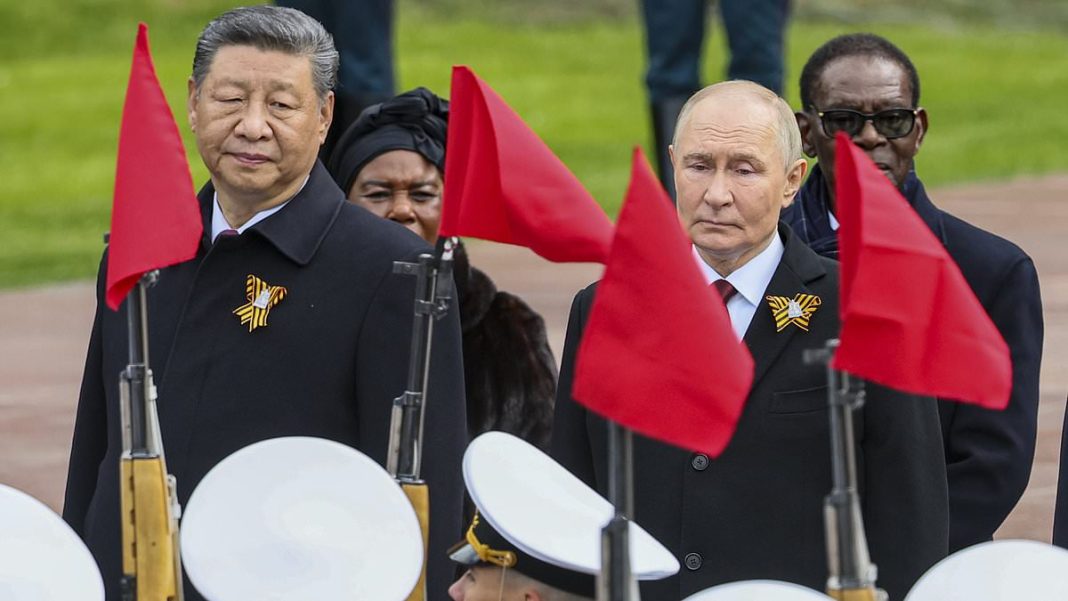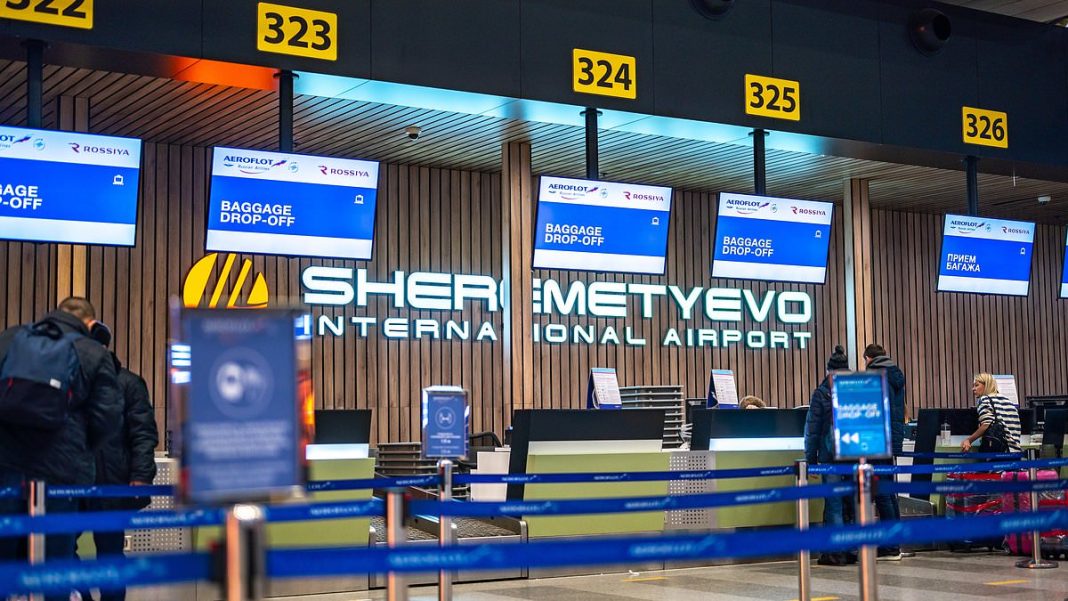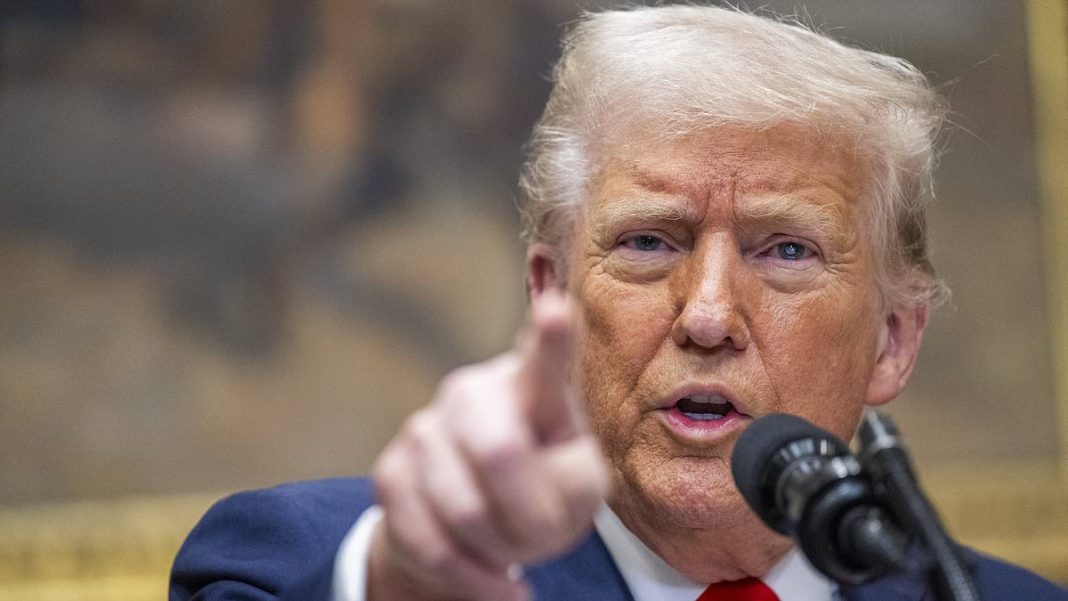The head of NATO has warned that a ‘massive’ buildup of China’s military raises the risk of a potential invasion of Taiwan.
Speaking ahead of the alliance’s summit in The Hague today, NATO secretary general Mark Rutte said: ‘We have this close relationship with Japan and the Republic of Korea, Australia and New Zealand, exactly for the reason that these countries are very, very worried about the massive military buildup in China that at the moment is taking place.’
Mr Rutte added that if China moved in on Taiwan, there was a possibility that Beijing would draw in Vladimir Putin, impacting European security.
‘We are all very worried, of course, about the situation in Taiwan. And we also know there is a risk that if the Chinese will try anything with Taiwan, that no doubt he will call his junior partner, Mr Putin, and make sure … he will keep us busy here, if that would happen’, he said.
In his pre-summit address, Mr Rutte also noted that China’s rapidly expanding military capabilities were evident from the global rise of its defence firms.
‘We know that out of the 10 biggest defence companies, only a couple of years ago you would not find any Chinese companies. At this moment, you will find three to five Chinese defence companies in the top 10 of biggest defence companies in the world’, he said.
‘This shows you that this massive buildup is taking place and is having a huge impact, also when it comes to the defence industrial production of China.’
Mr Rutte added that due to the potential risk, NATO members have to ‘stand ready’ and ‘cannot be naive’.
He also highlighted that these potential threats were why extra defence spending ‘is so important.’
His remarks come after NATO members agreed on Sunday to a big increase in their defence spending target to 5 percent of GDP, as demanded by US President Donald Trump.
It also comes after China deployed dozens of warships and planes to encircle the nation of Taiwan in menacing, large-scale war games last month.
The multi-day military drills forced Taipei to respond by scrambling fighter jets and warships of their own to dissuade any overzealous members of the People’s Liberation Army (PLA) from posing a serious threat.
But these alarming exercises were just the latest addition to a worrying trend that has seen Beijing grow increasingly aggressive toward its island neighbour in recent years.
The Chinese Communist Party (CCP), headed by authoritarian President Xi Jinping, sees Taiwan as a renegade province to be brought back under Beijing’s control, by force if necessary.
Taiwan’s elected Democratic Progressive Party (DPP) presides over a self-governing, democratic society and has sought close ties with the US, hoping its political, military and economic heft will keep Xi’s expansionist tendencies at bay.
American deterrence, the reliance of China’s export economy on the West and the cost of a military operation to seize Taiwan has led most analysts to suggest Beijing is more likely to use less direct means to pressure Taipei.
But politicians, military chiefs and industry leaders the world over can no longer afford to ignore the prospect of a full-scale invasion – a scenario which would shake the foundations of the world as we know it and could well trigger a Third World War.
The two-day NATO summit in The Hague involves an informal dinner Tuesday and one working session Wednesday morning.
Founded in 1949, the North Atlantic Treaty Organization was formed by 12 nations to counter the threat to security in Europe posed by the Soviet Union during the Cold War, notably via a strong U.S. presence on the continent.
NATO’s ranks have grown to 32 countries since the Washington Treaty was signed 75 years ago. Sweden joined last year, worried by an increasingly aggressive Russia.
The alliance’s collective security guarantee — Article 5 of the treaty — underpins its credibility.
It’s a political commitment by all countries to come to the aid of any member whose sovereignty or territory might be under attack.
Trump has suggested he is committed to that pledge, but he has also sowed doubt about his intentions. He has said the U.S. intends to remain a member of the alliance.






